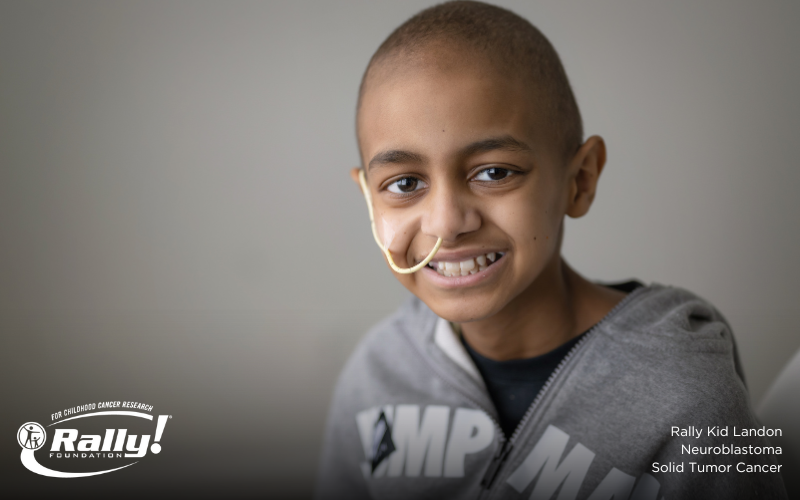What is Neuroblastoma?

Neuroblastoma is a cancerous tumor that develops in the nervous system of babies and young children. It can also occur, rarely, in adolescents. A neuroblastoma tumor often affects immature nerve tissue called neuroblasts.
The most common area for neuroblastoma to appear is in the adrenal glands, which sit above the kidneys. Adrenal glands produce hormones that control body functions such as digestion, blood pressure, breathing and heart rate.
Neuroblastoma can also begin in other areas of the body such as the chest, neck, spine or spinal cord, or abdomen.
Neuroblastoma is the most common cancer in babies and can even occur before birth. It almost always develops in children before the age of 5.
Neuroblastoma accounts for about 10% of childhood cancers. A very small percentage of neuroblastoma cases are hereditary, which is determined through genetic testing for those patients with a family history of neuroblastoma.

Rally Kid Maverick, Surviving Solid Tumor Cancer.
Symptoms of neuroblastoma may include:
- A mass in the neck or abdomen.
- Bone pain.
- Bruising around the eyes.
- Decreased appetite.
- Constipation.
- Irritability.
- Leg weakness.
Some neuroblastoma tumors can be surgically removed, either completely or partially. Others may be wrapped around organs or blood vessels and are more complicated to remove.
In addition to surgery, other types of treatments for neuroblastoma include chemotherapy, external and/or internal radiation, immunotherapy, cancer vaccines, T-cell and NK-cell therapies, and stem cell transplant.
Clinical trials are also available to children who qualify. During the diagnostic process a patient will be analyzed for genetic mutations so that a specifically targeted treatment plan is developed.
Rally Foundation funded many of the newer treatments that are now available to treat neuroblastoma, including immunotherapy, T-cell and NK-cell therapies.
Rally continues to fund research specifically for neuroblastoma in infants, children and adolescents, with many promising treatment options on the horizon.
Funding cutting-edge research to find better treatments with fewer long-term side effects and, ultimately, cures is our mission. Please donate today so we can continue to fund cutting-edge research for neuroblastoma.
